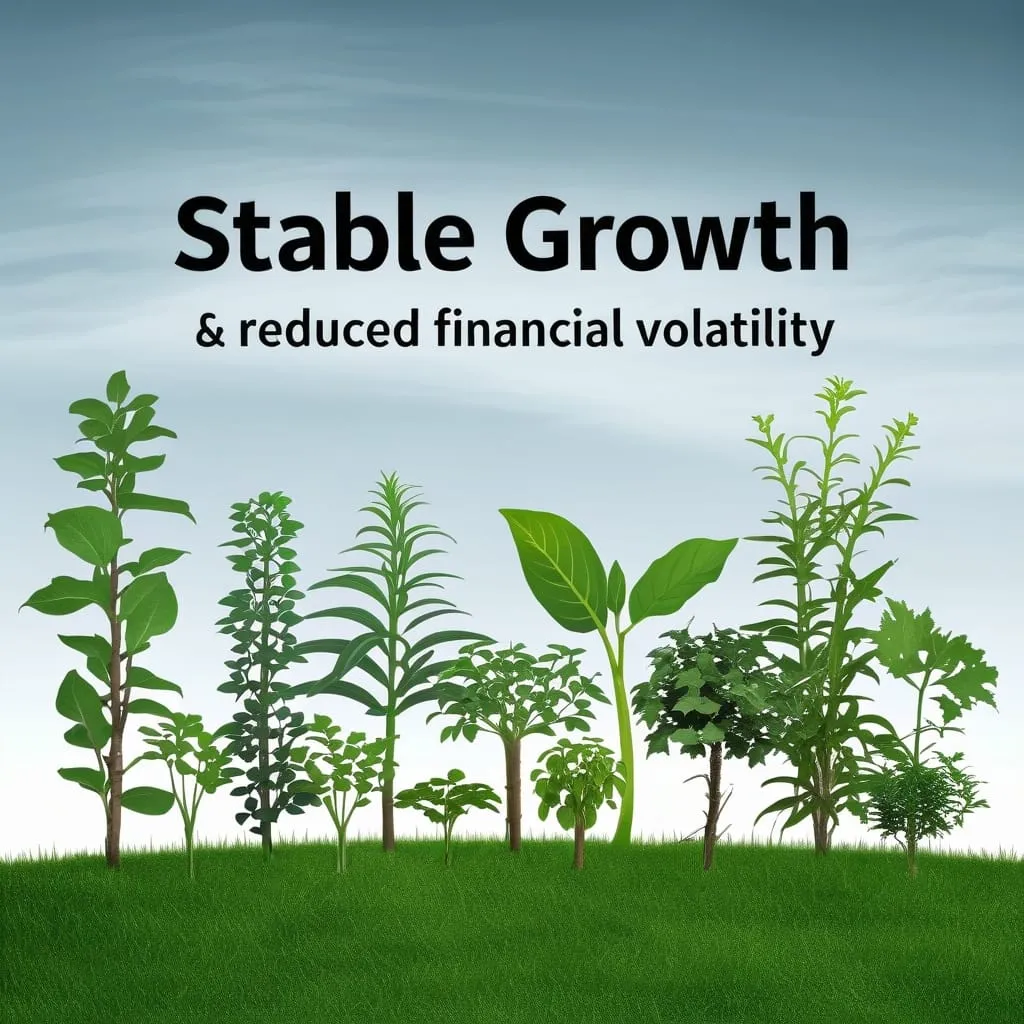Mastering Your Emotions: The Key to Smarter Investing
Investing can be a rollercoaster of emotions. One day you're riding high on market gains, the next you're stomach-dropping as your portfolio takes a hit. It's enough to make anyone want to jump ship. But here's the thing - letting your feelings drive your investment decisions is a surefire way to sabotage your financial future.
So how do we keep our cool when it comes to our cash? Let's dive into the world of emotional investing and discover some practical ways to make smarter, more level-headed choices with our money.
First off, what exactly is emotional investing? Simply put, it's when we let our feelings - fear, greed, FOMO - call the shots instead of logic and strategy. We've all been there. Maybe you hear about a hot new stock that's supposedly the next big thing. Suddenly, you're itching to buy in, even if it doesn't fit your long-term plan. Or maybe the market takes a nosedive, and panic sets in. Before you know it, you're selling off investments at rock-bottom prices.
This kind of knee-jerk reaction is often fueled by what experts call the "herd mentality." We see others making moves and feel pressured to follow suit, even if it doesn't make sense for our situation. It's like when your buddy tells you about some amazing get-rich-quick scheme. The excitement is contagious, and suddenly you're ready to throw caution to the wind. But as the old saying goes, if it sounds too good to be true, it probably is.
The dangers of letting emotions guide your investing decisions are pretty serious. When markets get rocky, fear can push you to sell low, missing out on the eventual recovery. On the flip side, when things are booming, overconfidence might lead you to buy high, only to watch your investments tank later. It's a vicious cycle that can really mess with your long-term financial goals.
Here's an interesting tidbit from behavioral economics: we feel losses about twice as strongly as we do gains. That means the pain of watching your investments drop 10% hits way harder than the joy of seeing them rise 10%. This imbalance can lead to some pretty irrational decisions, like panic-selling during a downturn or chasing performance during a bull market.
So, how do we break free from this emotional rollercoaster? Let's explore some strategies to help you make more rational, effective investment choices.
First and foremost, keep your eyes on the prize. What are you really investing for? Maybe it's a comfy retirement, a down payment on your dream home, or your kid's college fund. Whatever it is, keep those goals front and center. When you're focused on the big picture, it's easier to brush off short-term market jitters.
Next up: routine is your friend. Ever heard of dollar-cost averaging? It's a fancy term for a simple concept - invest a fixed amount regularly, regardless of what the market's doing. Maybe you set up an automatic transfer to your 401(k) every payday. This approach takes the guesswork out of timing the market and helps you avoid making decisions based on temporary highs or lows.
Diversification is another key strategy. It's the investment world's version of not putting all your eggs in one basket. By spreading your money across different types of investments - stocks, bonds, real estate, etc. - you're less likely to get burned if one area takes a hit. This balanced approach can help you stay calm and focused on your long-term goals, even when things get bumpy.
Speaking of long-term, that's the mindset you need to cultivate. It's natural to feel antsy when the market dips, but remember - this too shall pass. Historically, markets tend to recover over time. Did you know that bear markets (the really bad ones) typically last less than 10 months? And over the past century, the stock market has delivered average annual returns of about 10%. Not too shabby, right?
Sometimes, it helps to have a pro in your corner. A good financial advisor can be like a coach, helping you develop a solid game plan and keeping you on track when emotions threaten to derail you. They can offer a voice of reason during turbulent times and help you avoid making rash decisions based on fear or greed.
It's also worth getting to know your own biases. We all have them, and they can seriously impact our investment choices. Loss aversion, for example, might make you too conservative, missing out on potential growth. Overconfidence could lead you to take unnecessary risks. By recognizing these tendencies in yourself, you can better prepare to counteract them.
Automation is your friend when it comes to avoiding emotional decisions. Set up those automatic transfers from your paycheck to your investment accounts. This "set it and forget it" approach helps you stay disciplined and focused on your long-term goals, without constantly fretting over market fluctuations.
While we're talking about staying hands-off, it's important to note that some active management is necessary. Periodically rebalancing your portfolio helps ensure your investments stay aligned with your goals. If you're investing for a long-term goal like retirement, you might need to adjust your mix of assets as you get closer to that target date.
Remember, investing is a marathon, not a sprint. Try not to get too caught up in day-to-day market movements. Instead, keep your eye on the overall trajectory of your investments and how they're measuring up to your financial strategy.
Let's put this into perspective with a real-world scenario. Imagine you're saving for your kid's college education. You've got a 529 plan set up and you're faithfully contributing each month. Then, bam! The market takes a nosedive. It's tempting to panic and pull your money out, but you remind yourself of the end goal. You stick to your regular contributions, knowing that over the long haul, the market is likely to recover and grow. This disciplined approach helps you weather the storm and stay on track with your financial objectives.
In the end, avoiding emotional investing isn't about becoming a robot. It's about taking a step back, looking at the bigger picture, and making decisions based on your long-term financial health rather than short-term market mood swings. By setting clear goals, investing regularly, diversifying your portfolio, and staying the course during turbulent times, you can navigate the complex world of investing with more confidence and less stress.
Remember, your financial journey is unique to you. What works for your neighbor or your co-worker might not be the best fit for your situation. Stay focused on your personal goals, be patient, and don't be afraid to seek help when you need it. With the right mindset and strategies, you can master your emotions and make smarter investment choices that set you up for long-term financial success.






